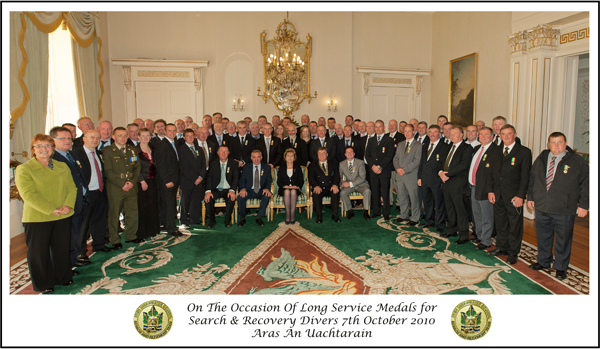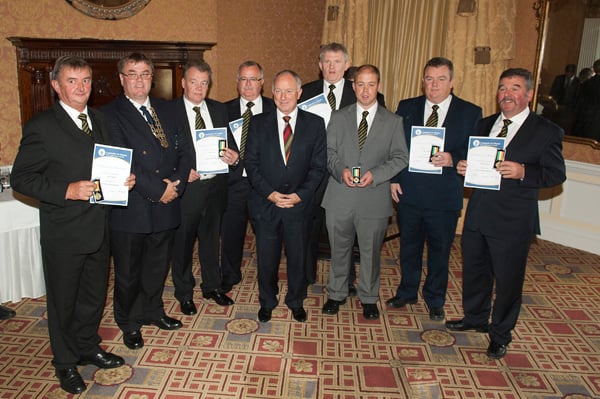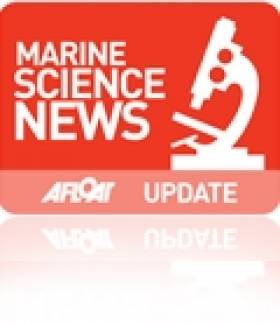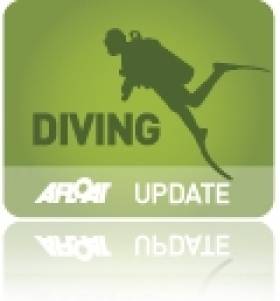Displaying items by tag: president mary mcaleese
Marine Sector is Key to Ireland's Future Says President
Marine scientists yesterday welcomed President Mary McAleese on a visit to the Marine Institute headquarters in Oranmore, Co Galway.
The President met many of those involved in the SmartBay project, a network of buoys that uses remote sensing technology to collect and relay data on ocean conditions over long distances.
Institute staff also briefed the President on its programmes to sustainably manage wild fish stocks, ensure seafood safety and protect the marine environment.
“As the resources of the ocean become ever more implicated in the future development of high technologies sectors like energy, ICT, medical and pharma, they will be a key part of Ireland’s future economic story,” said the President.
Dr Peter Heffernan, CEO of the Marine Institute, also highlighted "Ireland’s reputation as an emerging centre of excellence in marine science".
He said this was "validated" by the announcement of €23 million in EU funding for marine research groups and enterprises involved in pioneering areas such as ocean energy and biotechnology.
After decades of selfless service to the state, Dermot Ahern TD and Minister for Justice recently awarded long service medals to 96 voluntary search and recovery divers from all over Ireland at a ceremony in the Shelbourne Hotel in Dublin. All the divers have given a minimum of 10 years service in the recovery of missing persons
throughout the country, with most having much more than that.
Presenting the medals, Mr Ahern said voluntary activity must be encouraged. "What these men and women are doing is vital because if somebody goes missing... they drop everything, they are given time off work by their employers and they basically spend 24/7 until the people are found and rescued". he said. After the awards ceremony the divers then attended a reception with President Mary Mc Alese in Aras an Uachtarain.

The divers who after receiving their medals from the minister were then afforded a reception in Aras an Uachtarain with President Mary Mc Alese Blackwater

Blackwater Search Unit members receiving their long service medals from Mr Dermot Ahern Minister for Justice at the inaugural award ceremony in Dublin. (from left to right) Olan O Farrell, Finbarr Murphy (president Irish Underwater Council), David Carey, Denis Granville, Mr Dermot Ahern, Noel Hayes, Timmy Carey, Paul O Keeffe and Maurice Carroll.






























































